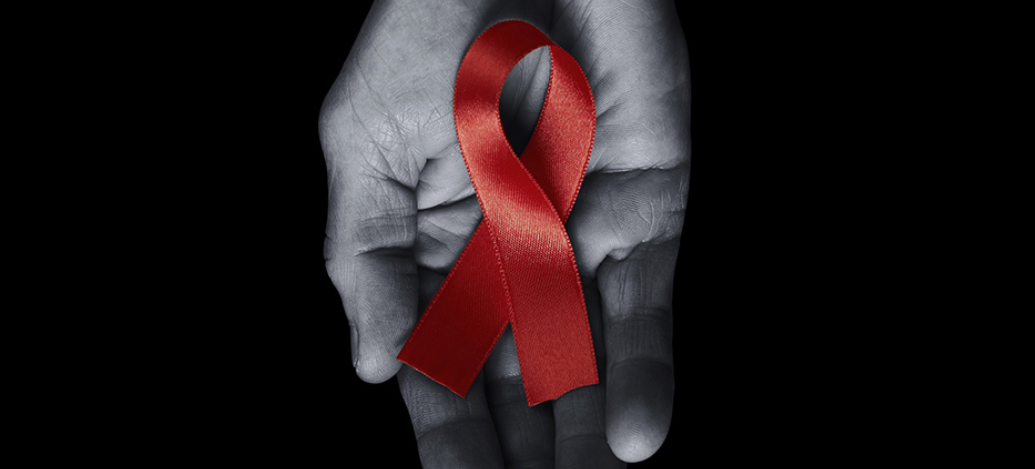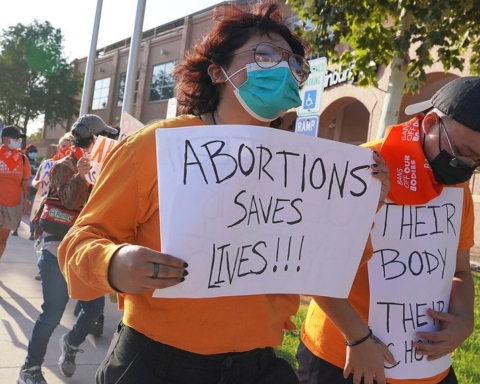Is it your job to tell someone about the nexts individual, HIV status? Or is it that individuals duty? I’ve personally been in situations where I asked myself these questions. Let me share. I remember recently I was in a situation, where I knew my friend was HIV positive. The funny thing my friends boyfriend didn’t know, but I didn’t think nothing of it.
I just thought to myself maybe their not fully serious about their relationship, so my friend hasn’t fully disclosed that yet with them. But honey, boo boo, child! I later found out that, they have been intimate without being protected. Yes! You heard me! Still in total disbelief I asked my friend, “Don’t You Feel Like You Should Have Mentions Your Status, Before Engaging In Sexual Intercourse With Your Boyfriend?”
He paused…….
And nodded, “Yes”.
An he explained to me, how scared he was to lose his boyfriend. He said there’s an phobia an stigma about being HIV positive. Which had me thinking. Maybe this a conversation among our, LGBTQ Community we should have? Maybe it’s time to break down that phobia an stigma. So individuals in our community can be more open an not afraid to open up.
Because the thought that kept running through my head was what about his partner? Why doesn’t he deserve the right to know? Why doesn’t he get a choice?
Approximately 1.1 million people in the United States are living with HIV today. But not all of them know it. In fact, about 15 percent (or 1 in 7) of them are not aware they are living with HIV.
That means there are approximately 165,000 people in the U.S. In some states, youcan be charged with a crime if youdon’t tellyour partner your HIVstatus, even if youused a condom or another type of protection and the partner does not become infected.
South Africa hasthe biggest HIVepidemic in the world, with 7.7 million people living with HIV. HIV prevalenceamong the general population ishigh at 20.4%. Prevalence iseven higher among men who have sex with men, transgender women, sex workers and people who inject drugs.
Everyone aged 15 through 64 shouldget tested onetime, regardless of theirrisk factors. People who have occasional exposure to HIVrisks shouldbe tested at least once a year.
People who are at high risk for HIVinfection shouldget tested every 3 to 6 months. Follow me on I.G, an share with me your stories an experience. Shouldn’t we all know our status?
Written by LaLa 💋
Instagram: official_lala_baby_






